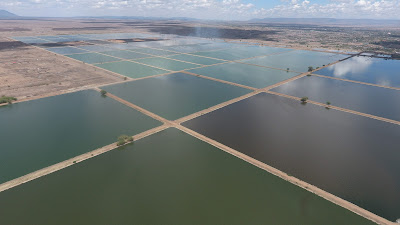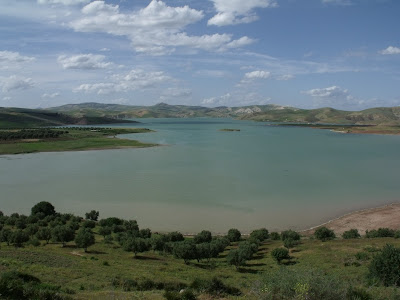A Summary Of The IPCC Report On 1.5 Degrees Of Warming

This report was requested in 2015 at COP21, agreed upon in 2016 and published in 2018. It starts by noting that human activities have already caused a mean temperature rise of 1.0 degrees above preindustrial times with temperatures oscillating between 0.8 degrees to 1.2 degrees. With the current rate of emissions, the first temperature threshold of the Paris agreement which is 1.5 degrees, will be attained between 2030 and 2052. In fact, the emissions trajectory means a rise of 0.2 degrees per decade. The report further states that warming is taking place throughout the globe, and that higher than normal averages have been reported in multiple places and in various seasons. Warming is greater over land than the sea. It is twice to thrice higher in the Arctic. In fact studies are attributing higher temperatures and weather extremes to climate change. Warming will take place for centuries to millennia to come because of greenhouse gases from preindustrial times to now. However, these a...

